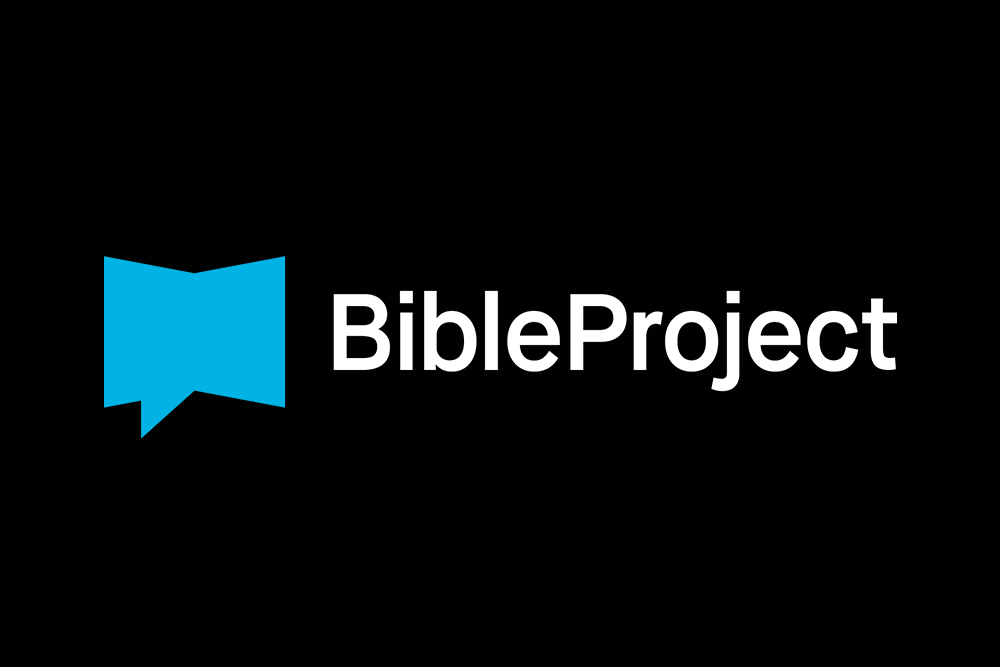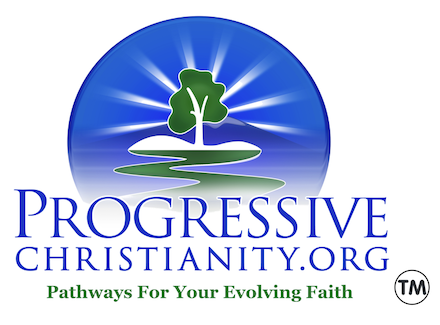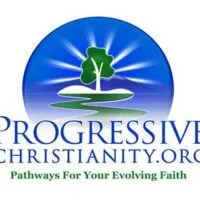How to study the bible, according to an atheist-convert

Born into P.R.C., I grew up like most of my peers, atheists.
It’s not that we didn’t learn about religion. In secondary school, we discussed the origins of Christianity, Judaism, Islam, and Buddhism. Of course, all of those religions were presented to us in the most outrageous manner possible to strengthen our faith in atheism and focus on worshipping communist dictators.
I came to Christianity later in life when I was 19. Luck has it I was first preached "the good news" by a couple of Jehovah’s Witnesses, a very particular Christian denomination. I mean, some go as far as calling them a bible-inspired cult.
It was only when I came to Paris and joined St. Michael’s Church, that I started to discover the charm of Christianity. I am lucky to have Rev. Jay Colwill as my chaplain. When he is not our chaplain, he is a natural scientist. His knowledge and perspective of both science and religion inspire me to study Christianity and to live well and do good as the bible prescribed.
Below are some resources I find inspiring.
The Bible Project

The Bible Project is a cross-denominational non-profit that produces engaging animations, podcasts, study plans, and reading guides about the Bible. All their work is funded through donations and freely available. Its quality far exceeds that of any commercial alternatives I know of.
It is a good starting point for people curious about Christianity.
Bible Study Tools

This is my go-to place to quickly locate specific Bible verses and compare different versions of the Bible. The biblical scriptures were all written in ancient Hebrew or Greek, both of which are extinct. Therefore, scholars disagree on the translation of certain verses, leading to theological debates between denominations.
For someone looking to dive deeper into the bible or inform oneself of denominational biases, I highly recommend their website, which is also available free of charge.
Progressive Christianity (PC)

Christians are disproportionately politically conservative. As such, Christianity has become a frequent satirical token for the nostalgic and delusional ‘old-timers’.
Progressive Christianity was founded to unite the growing minority of socially progressive Christians, motivated by our faith to question tradition and promote social justice & environmental stewardship.
The founding philosophy of Progressive Christianity is to "love one another" (John 15:17); as such, they have built up a rich library of guidance on applying Christian values for the common good.
They also have thousands of articles on post-modern and comparative theology.
A possible downside is that their website is text-focused, with marginal graphics and minimal audiovisual content. It does take effort and motivation to read through and be inspired by them.
If there are study tools that help you in your discovery of Christianity, please share in the comments.




Member discussion